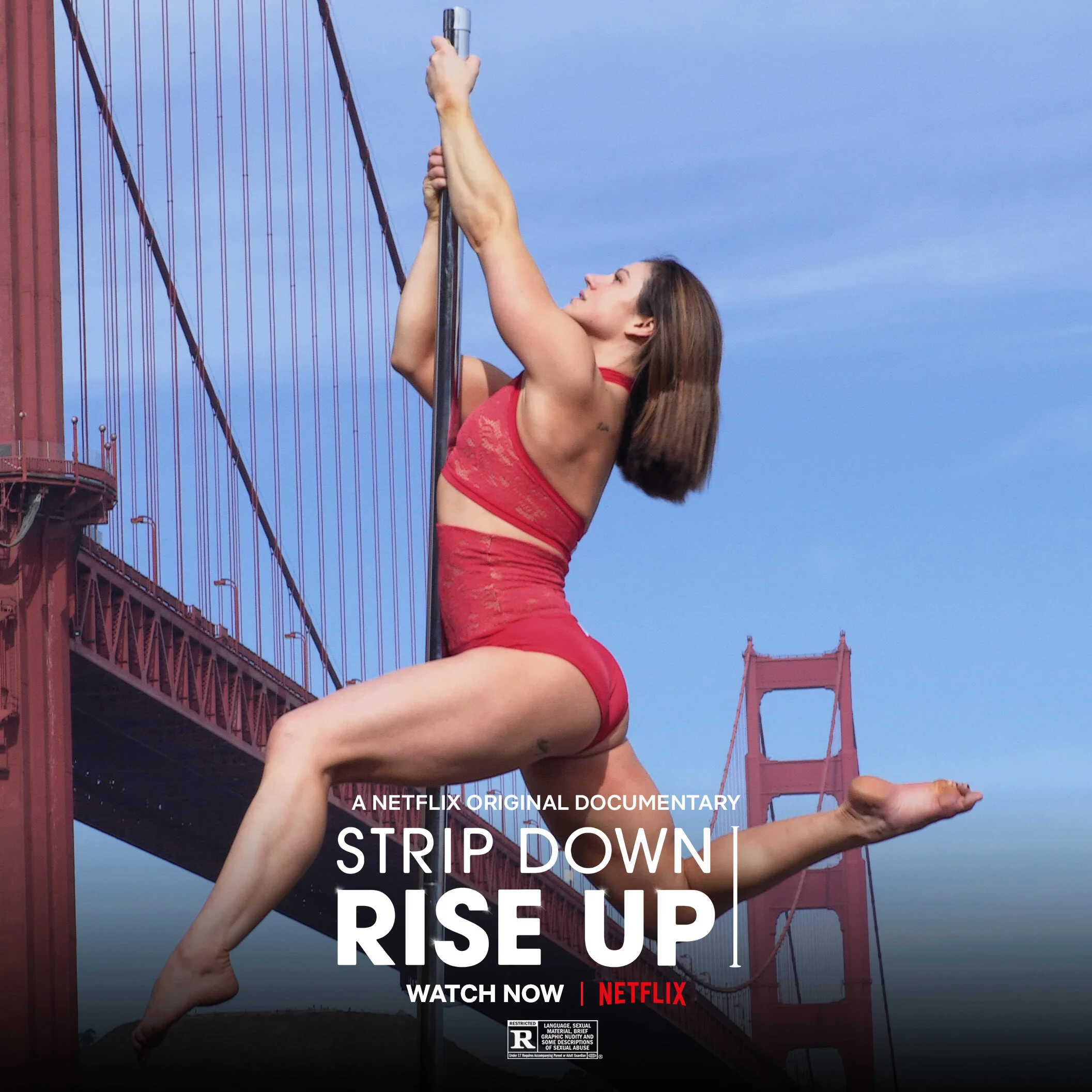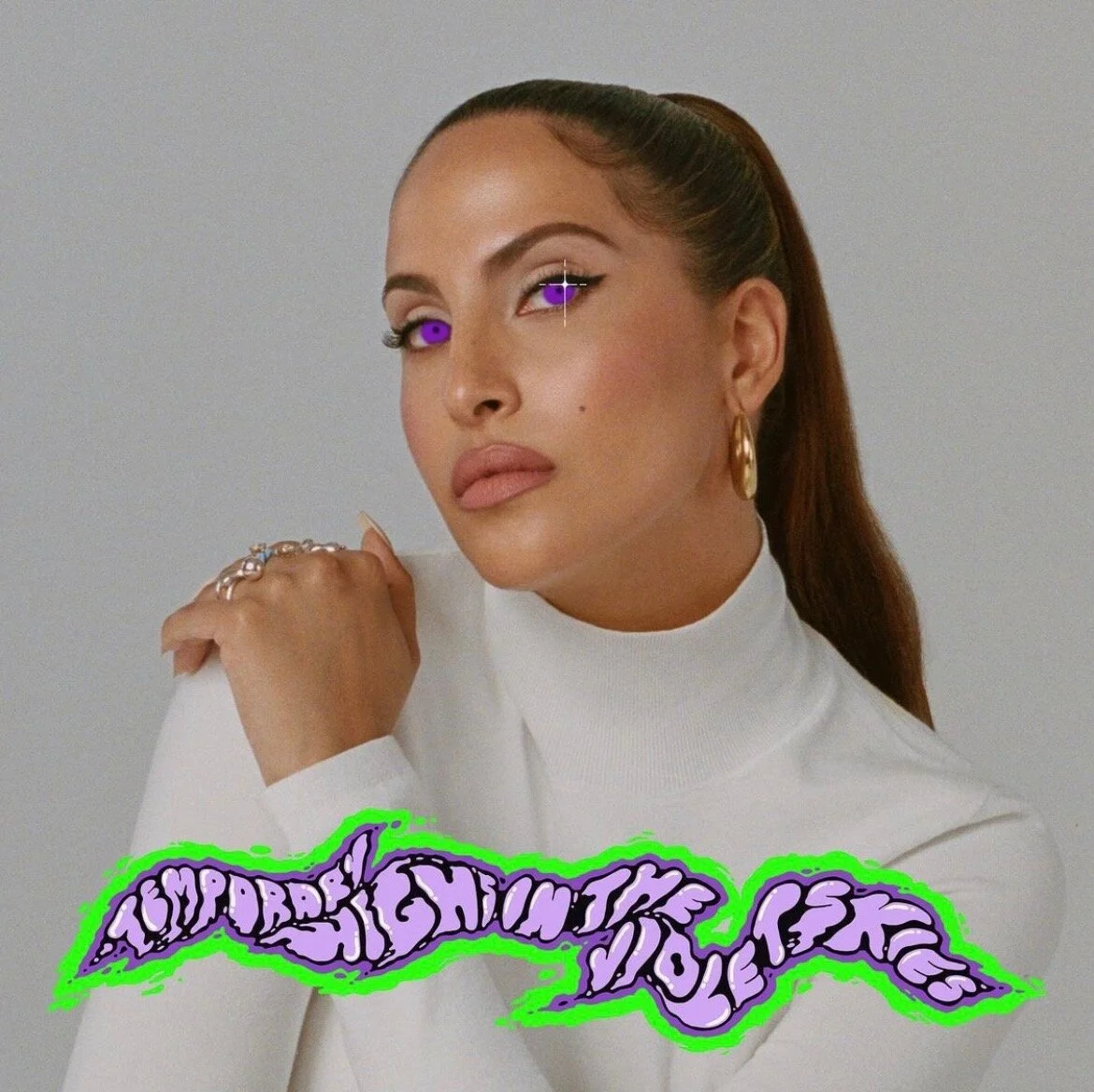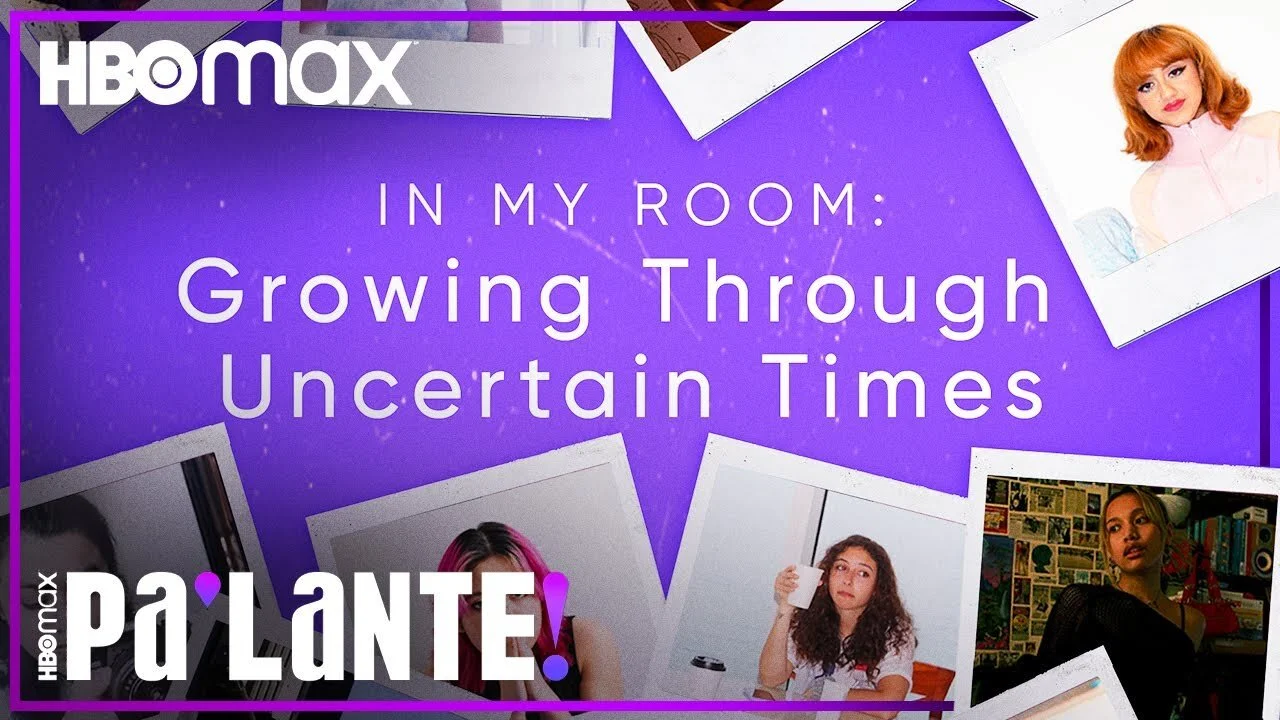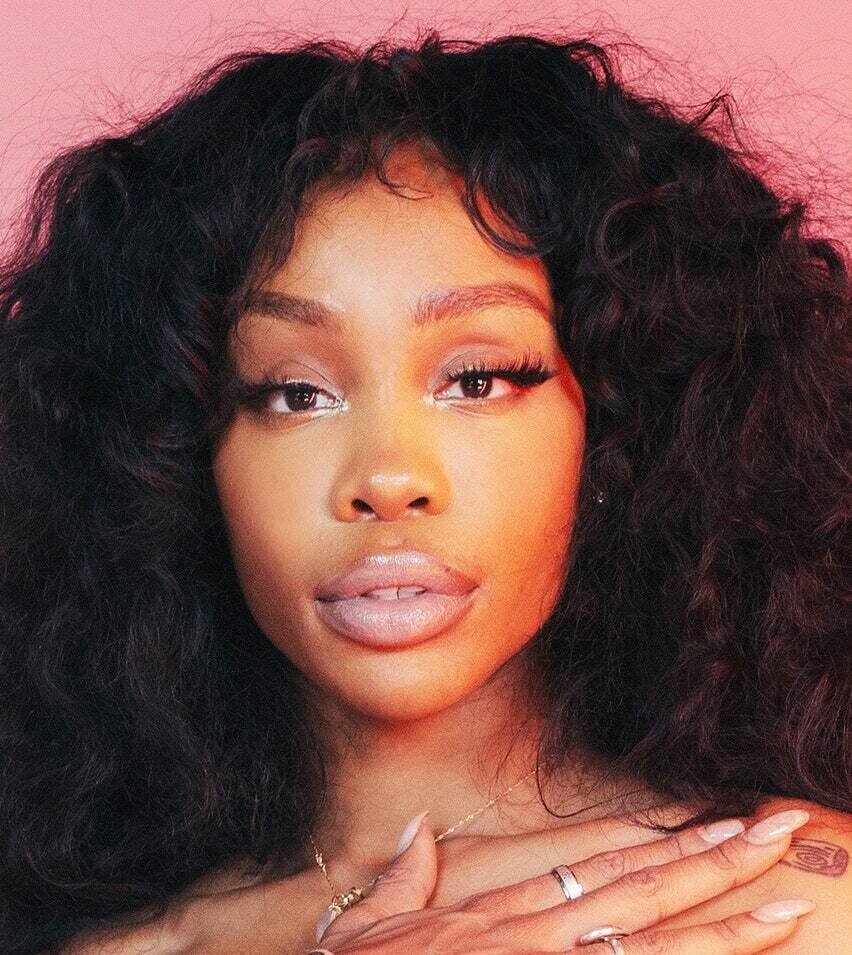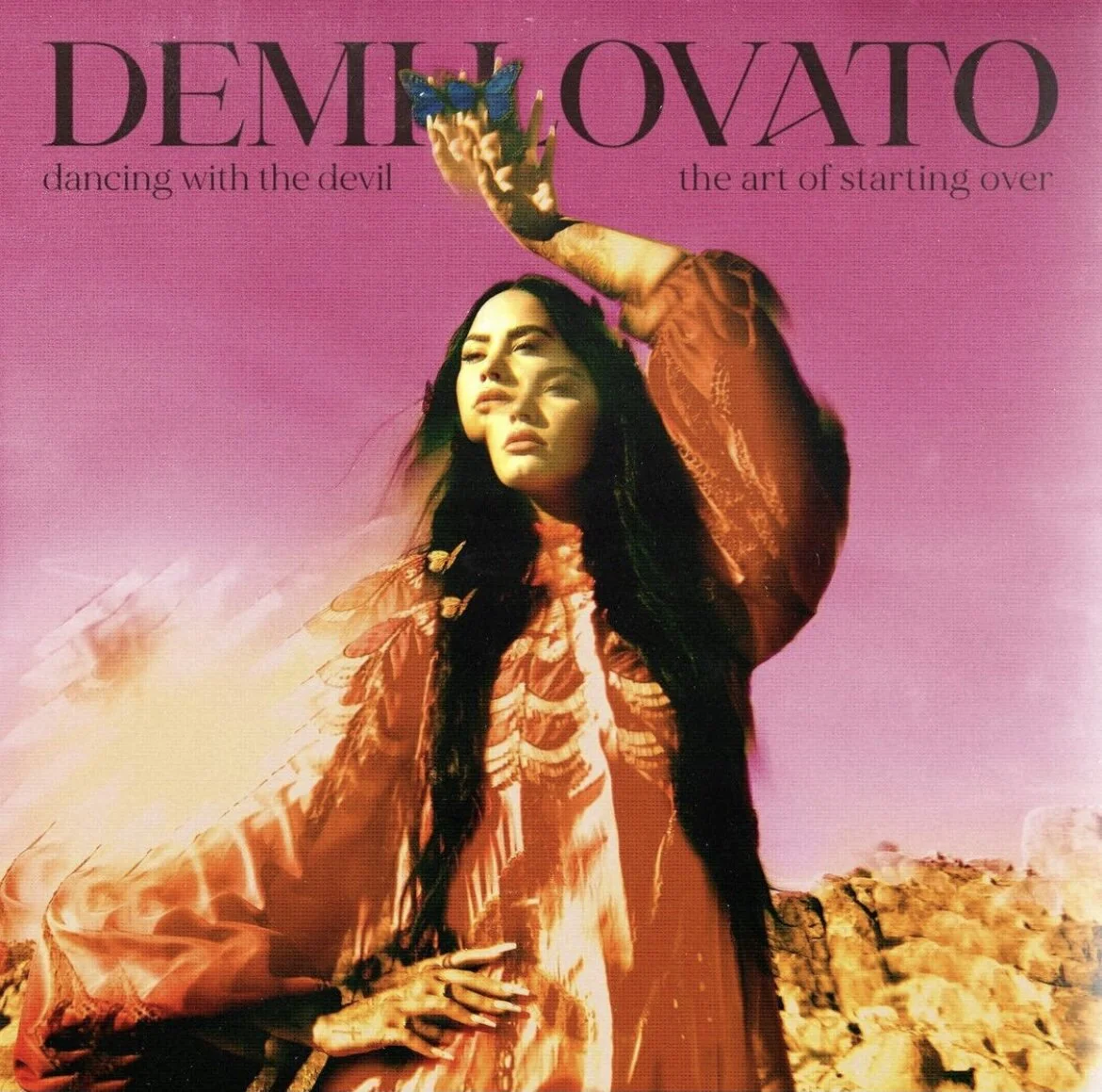Netflix Documentary Shows Power in Pole Dance
A few years ago a friend invited me to a pole dance class. I remember entering the class and immediately feeling intimidated. The instructor started the music and coached us on how to walk around the pole. I was fascinated by the other women in the room and their ability to express their sensuality uniquely. I compared my movement to theirs and was ashamed that I didn’t know how to move in a sensual way. It was also incredibly hard and uncomfortable to lift myself up and spin around. I left flustered and bruised from gripping onto the pole too tightly. Now, after watching Netflix’s “Strip Down, Rise Up” documentary, I think I’m ready to revisit pole classes with a fresh perspective.
“Strip Down, Rise Up” centers a group of women who take a six-month pole dancing course facilitated by Sheila Kelley, actress and founder of S Factor, a lifestyle practice that works to unlock the bodies of those who identify as women through sensual movement. Kelley’s mission is to awaken the body, release trauma, and ignite power within, ultimately empowering women to carry their newfound self-confidence to other areas of life.
“I want women to feel safe enough to explore this part of themselves so that they can rediscover, and reclaim, and come whole, and fucking shine,” says Kelley in the documentary. Her method involves using pole dance as a tool to courageously rid oneself of fear, shame and misrepresentation around the nature of femininity.
Kelley believes every woman has a side of themselves that “has been hushed” by the world around them. The program aims to break patriarchal shackles wide open by encouraging women to move in the full range of their femininity. The documentary follows women from different cities, backgrounds, ages, fitness levels, and body types as they gather weekly in a mirrorless studio to embolden their sexuality in hopes of moving through the world more freely and authentically. Over time they not only master the pole, but heal the hurt they carried. By the end of the program, each student seems to have gained more than they expected, including sisterhood and self-discovery.
The documentary demonstrates how pole dance is a vessel for women to challenge the status quo and the masculine gaze. Kelley says it’s her “mission to help bring women back to their wholeness.” Some women named negative body image and sexual assault as reasons for wanting to participate in the practice and reclaim their space. Some spoke about how they didn’t know themselves as individuals — their desires or pleasures.
It was jarring to see that the women believed they weren’t worthy of love. The documentary shined a light on the link many women share, which is a lack of self-esteem and identity. I recognize it’s not our fault — society rarely encourages safe, diverse explorations of feminine identity in ways that combat harsh criticisms and unrealistic expectations.
I was first enamored by pole dancing when I saw English singer-songwriter FKA Twigs perform in the music video for A$AP Rocky’s song “Fukk Sleep.” Twigs also incorporated pole dance into the video adaptation of her song “Cellophane,” and live on stage while on tour for her 2019 album, “MAGDALENE.” Now, after watching the documentary and feeling inspired by the uncharted terrain of sensual freedom, I feel encouraged to try pole dance again.
Pole dancing demands fitness, sensuality and storytelling. According to Sheila Kelley’s TEDx “Let’s Get Naked”, the relationship between sexuality and physicality in pole dance awakens the masculinity and femininity present within every being.
Shayna Fairclough (@theawkwardpoler) has been taking pole dancing classes for about a year and a half. She started at a friend’s birthday pole party and became obsessed with it. “I have always been extremely awkward when it comes to my body (even though I love dancing as a caribbean woman) and this was like another level of sexiness to me and I wanted to master it as well as just become more in tune and aware of my body,” says Shayna.
She thinks it’s unfair that women suppress the sensual sides of themselves to keep in step with societal norms and to please others. She says she was embarrassed to learn how out of tune she was with herself. While learning pole Shayna was confronted with her inability to relax as she was concerned with comparing her skill level to others. But over time, she’s learned to be confident in her abilities and to embrace her awkwardness as a dancer. She documents her progress on Instagram because the public rarely gets to see the journey of a novice pole dancer. Her advice to beginners is to “probably not take yourself too seriously and enjoy the progress that you make.”
“Strip Down, Rise Up” was a breath of fresh air. The diverse stories of the women featured brought me to tears. I’ve been searching for a way to release the hesitancy and resentment I have around the exploration of my sexuality and I think pole dance could be a great starting point.
When the film ended, I put on my favorite song by FKA Twigs and danced around my room, circling my hips and lifting my arms up. I felt a huge weight off my shoulders with the realization that I may not know myself in a sensual way now, but like the women at S Factor, I know I can dance my way into standing in my power.

